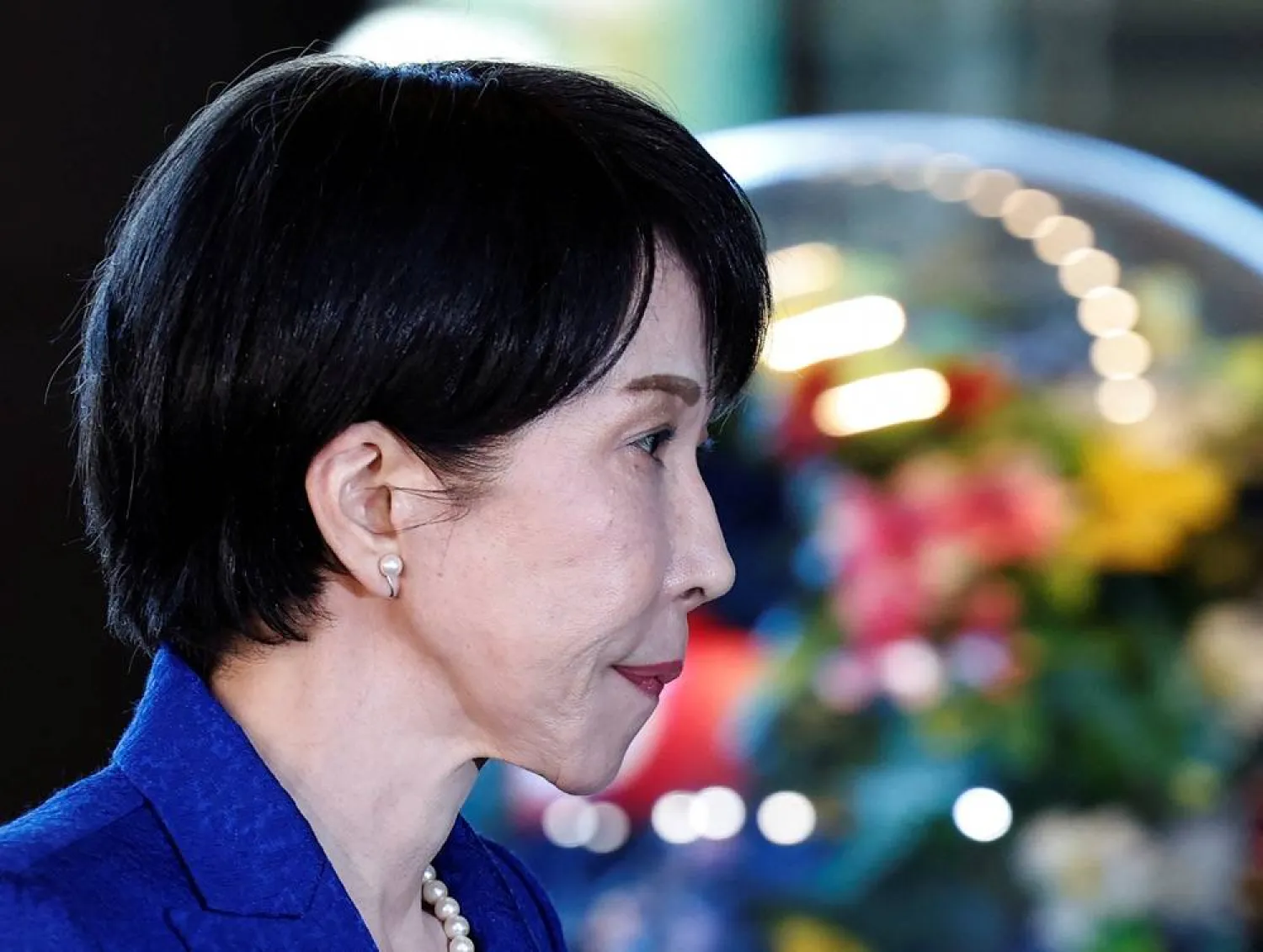Belgian MPs voted Wednesday to ratify a fiercely-criticized treaty allowing prisoner exchanges with Iran, potentially opening the way for an Iranian diplomat jailed on terrorism charges to return home.
After two days of rowdy debate, parliament voted by 79 to 41 to back the agreement. The treaty had already won approval from a parliamentary commission on July 6, AFP reported.
Critics of the deal, both Belgians and members of an exiled Iranian opposition movement, say Belgium is backing down in the face of what is in effect hostage-taking by Tehran.
But Prime Minister Alexander de Croo's government argues it is the only route possible to free a Belgian already held in Iran, jailed aid worker Olivier Vandecasteele.
This would imply, however, that Belgium will release -- and possibly even pardon -- Iranian diplomat Assadollah Assadi who was last year sentenced to 20 years over a bomb plot.
The Belgian opposition alleged the agreement with Tehran was "tailor made" to permit Assadi's release, and Iranian exiles have mounted street protests and a ferocious lobbying campaign.
The 50-year-old was found guilty of orchestrating a terrorist project that was foiled at the eleventh hour in June 2018, when Belgian officers arrested a Belgian-Iranian couple carrying explosives.
The pair was travelling to France to target the annual gathering near Paris of the National Council of Resistance of Iran (NCRI), a coalition of opponents of the Tehran regime.
The Antwerp court ruled that Assadi had masterminded this project on behalf of Iranian intelligence, under diplomatic cover as an envoy to Austria -- and thus had no immunity in Belgium.
Tehran has reacted furiously, demanding that Belgium recognize Assadi's diplomatic status and release him.
Earlier this month, presenting the treaty "on the transfer of sentenced persons" to MEPs, Justice Minister Vincent Van Quickenborne tried to decouple the text from the Assadi case.
But he admitted that as soon as the "so-called diplomat" was arrested, Belgium's "interests" and its 200 nationals in Iran became targets of potential reprisals.
"From day one, we have felt pressure from Iran and the security situation of our interests has deteriorated systematically," Van Quickenborne said.
That pressure came to a peak on February 24, when 41-year-old aid worker Vandecasteele was detained in Tehran by Iranian authorities, apparently without charge.
On March 11, less than three weeks after his arrest, which was not immediately made public, Belgium signed the prisoner exchange treaty with Iran -- triggering claims it was ceding to "odious blackmail".
"Iran is a rogue state, but we don't choose who we talk to", and freeing Vandecasteele is "our priority", Van Quickenborne insisted on Tuesday after long hours of debate in parliament.
On Wednesday, he warned MPs that any of the 200 Belgians still in Iran "could be next to be locked up" and stressed that Belgian intelligence thinks rejecting the treaty would increase the threat.
De Croo, who reacted with anger when criticized by opposition MPs for paying "a form of ransom", demanded: "What do you tell his family, that we are going to let him rot in his cell?"
"Belgium does not abandon its citizens," he declared.
In a video message on July 11, Vandecasteele's family urged authorities to "do everything" to secure his release, stressing his deteriorating physical and mental health after five months in jail.
Belgium's Foreign Minister Hadja Lahbib, appointed last week, insisted that the government had done everything it could to demand the aid worker's release through diplomatic channels.
"We could raise our voices more, but we'd be screaming into the desert," she said.









